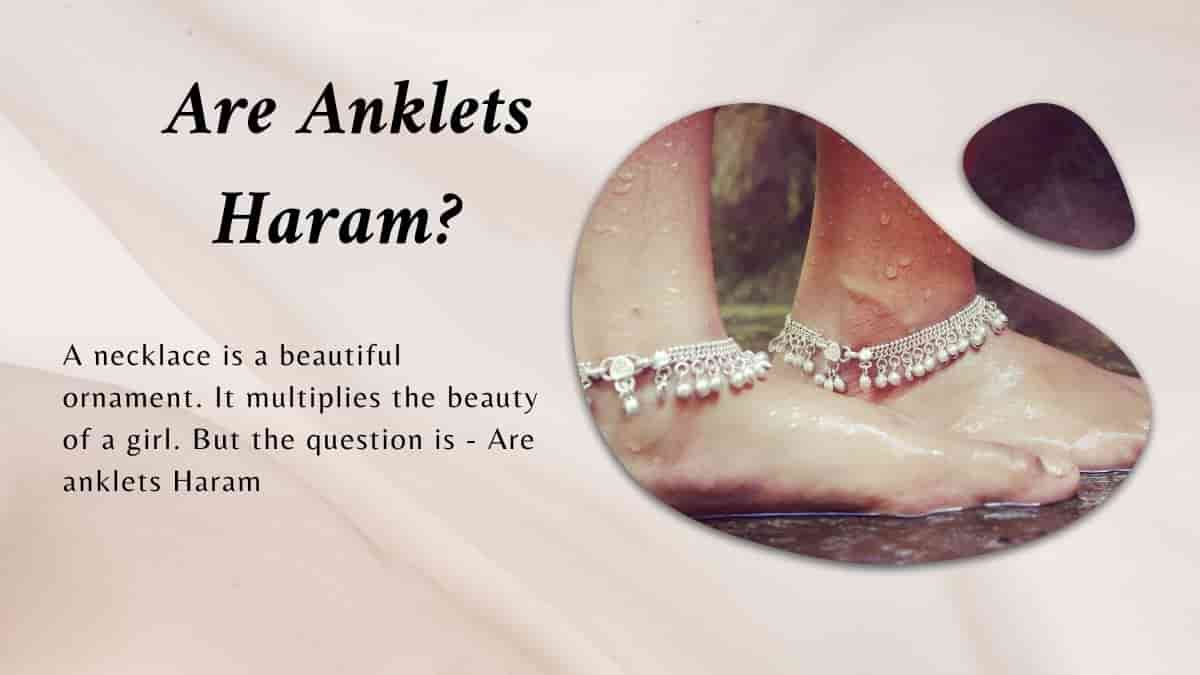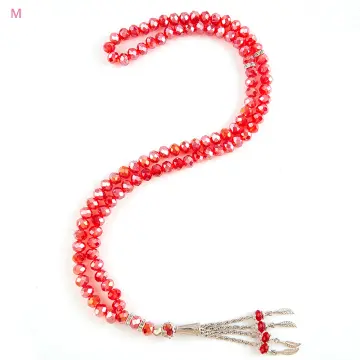The Islamic Perspective On Men Wearing Bracelets: A Comprehensive Exploration
The Islamic Perspective on Men Wearing Bracelets: A Comprehensive Exploration
Related Articles: The Islamic Perspective on Men Wearing Bracelets: A Comprehensive Exploration
Introduction
With great pleasure, we will explore the intriguing topic related to The Islamic Perspective on Men Wearing Bracelets: A Comprehensive Exploration. Let’s weave interesting information and offer fresh perspectives to the readers.
Table of Content
The Islamic Perspective on Men Wearing Bracelets: A Comprehensive Exploration

The question of whether men can wear bracelets in Islam is a subject of ongoing discussion and interpretation. While there is no explicit prohibition against men wearing bracelets in the Quran, the issue is often debated based on interpretations of Islamic traditions, cultural practices, and scholarly opinions. This article aims to provide a comprehensive and unbiased exploration of the topic, delving into various perspectives and considerations.
Historical Context and Cultural Influences:
Historically, the wearing of jewelry, including bracelets, has been common in many cultures across the globe. In ancient civilizations, bracelets often served as symbols of status, power, and cultural identity. However, within the Islamic tradition, there are specific interpretations and considerations regarding the use of jewelry for men.
Interpretations of Islamic Texts:
The Quran, the central religious text of Islam, does not explicitly mention the wearing of bracelets by men. However, certain verses and Hadiths (sayings attributed to the Prophet Muhammad) provide guidance on matters related to adornment and modesty. For instance, the Quran emphasizes the importance of modesty in dress for both men and women, encouraging the avoidance of extravagance and ostentation.
Scholarly Opinions and Interpretations:
Scholarly opinions on the permissibility of men wearing bracelets vary widely. Some scholars argue that wearing bracelets is permissible as long as they are not made of gold or silver, which are considered prohibited materials for men in some interpretations. Others emphasize the importance of avoiding any adornment that might draw undue attention or be considered excessive.
Cultural Considerations:
Cultural practices and societal norms play a significant role in shaping the perception of men wearing bracelets in different Islamic communities. In some cultures, men may wear bracelets as a symbol of their faith, cultural heritage, or personal style, while in others, such practices may be considered less common or even frowned upon.
Factors to Consider:
When considering the appropriateness of men wearing bracelets in Islam, it is crucial to take into account several factors:
- Material: The type of material used in the bracelet is a significant consideration. Some scholars believe that gold and silver are prohibited for men, while other materials like leather, wood, or gemstones may be acceptable.
- Purpose: The intended purpose of wearing the bracelet is another important factor. Is it worn for religious reasons, cultural significance, personal style, or simply as a fashion accessory?
- Modesty: The principle of modesty plays a crucial role in Islamic teachings. The bracelet should not be considered excessive, ostentatious, or distracting.
- Context: The social context and cultural norms of the specific community should also be considered.
Benefits of Wearing Bracelets:
While the permissibility of men wearing bracelets in Islam is a matter of debate, it is important to acknowledge potential benefits associated with their use:
- Spiritual Significance: Some individuals may choose to wear bracelets as a reminder of their faith, carrying verses from the Quran or other religious symbols.
- Cultural Identity: Bracelets can serve as a symbol of cultural heritage and tradition, connecting individuals to their roots and community.
- Personal Expression: Bracelets can be a form of personal expression, allowing individuals to showcase their style, values, and beliefs.
- Health Benefits: Some bracelets may incorporate elements like gemstones or essential oils, believed to have therapeutic benefits.
FAQs on Men Wearing Bracelets in Islam:
1. Are there any specific types of bracelets that are considered permissible for men in Islam?
There is no definitive answer to this question, as scholarly opinions vary. However, some scholars suggest that bracelets made of materials other than gold or silver, such as leather, wood, or gemstones, may be acceptable.
2. Is it permissible for men to wear bracelets that have religious symbols?
The permissibility of wearing bracelets with religious symbols depends on the specific symbol and its interpretation. It is important to consult with knowledgeable scholars for guidance on specific symbols.
3. Can men wear bracelets that are considered "fashionable" or "trendy"?
The permissibility of wearing fashionable bracelets depends on the individual’s interpretation of Islamic teachings regarding modesty and avoidance of extravagance.
4. Is there a specific guideline on the number or size of bracelets that men can wear?
There are no specific guidelines regarding the number or size of bracelets that men can wear. However, it is important to avoid excessive adornment that might be considered ostentatious or distracting.
5. What are some tips for choosing appropriate bracelets for men in Islam?
- Choose bracelets made of materials that are considered permissible in Islam, such as leather, wood, or gemstones.
- Avoid bracelets with excessive ornamentation or that draw undue attention.
- Ensure the bracelet is not too tight or uncomfortable to wear.
- Consider the purpose and context of wearing the bracelet.
Conclusion:
The question of whether men can wear bracelets in Islam is a complex one with no simple answer. While there is no explicit prohibition in the Quran, interpretations of Islamic traditions, cultural practices, and scholarly opinions vary widely. It is important for individuals to consult with knowledgeable scholars and consider their own personal beliefs and the specific context of their community. Ultimately, the decision of whether or not to wear bracelets should be made with careful consideration and an understanding of the relevant Islamic principles.

![Islamic Bracelets For Men [2021] Gift Guide - Unto Islam](https://i.ytimg.com/vi/ixE94U6Ft_g/hqdefault.jpg)





![Islamic Bracelets For Men [2023] Gift Guide - Unto Islam](http://cdn.shopify.com/s/files/1/1175/7236/collections/ATZ-MegaMenu-Bracelets-2019_1200x630.jpg?v=1573455066)
Closure
Thus, we hope this article has provided valuable insights into The Islamic Perspective on Men Wearing Bracelets: A Comprehensive Exploration. We appreciate your attention to our article. See you in our next article!
You may also like
Recent Posts
- The Allure Of Cubic Zirconia: A Comprehensive Guide To Its Beauty And Versatility
- The Evolution Of Jewelry Design: Embracing The Power Of CAD
- Corfe Castle: A Journey Through Time In The English Countryside
- Restoring A Precious Symbol: Repairing A Cut Ring
- A Comprehensive Guide To Silver Jewelry In Chennai: Unveiling The City’s Silver Treasures
- A Glimpse Into Kolkata’s Golden Legacy: Exploring City Gold Jewellery
- Navigating The Landscape Of Charitable Giving: Supporting Local Communities In The Wake Of COVID-19
- Corfe Castle And Village: A Journey Through Time
Leave a Reply